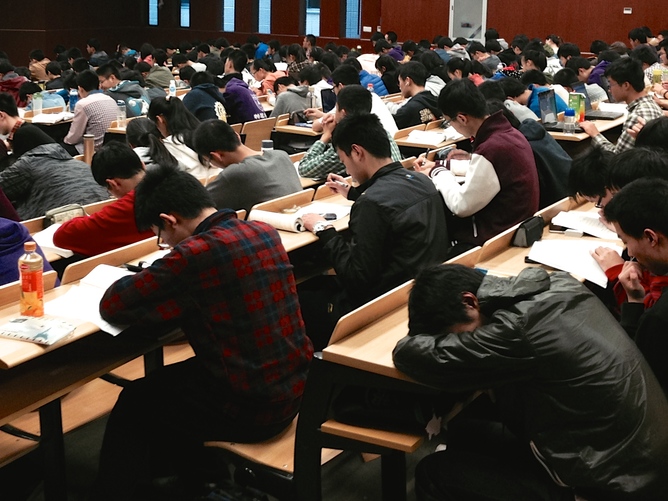 Correlation: Sitting Is Bad For Your Health And Exercise Won't Help
Correlation: Sitting Is Bad For Your Health And Exercise Won't HelpAdvances in technology in recent decades have obviated the need and desire for humans to move....
 It's About Calories, So Kimchi Is Not A Weight Loss Superfood - But You May Eat Less
It's About Calories, So Kimchi Is Not A Weight Loss Superfood - But You May Eat LessFermented foods have become popular in recent years, partly due to their perceived health benefits....
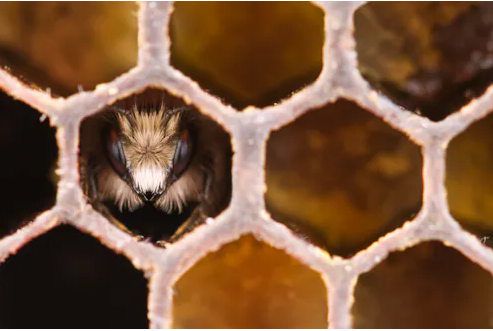 Beekeepers Are Wrong About Overwinter Hive Behavior
Beekeepers Are Wrong About Overwinter Hive BehaviorHoneybees in man-made hives may have been suffering the cold unnecessarily for over a century because...
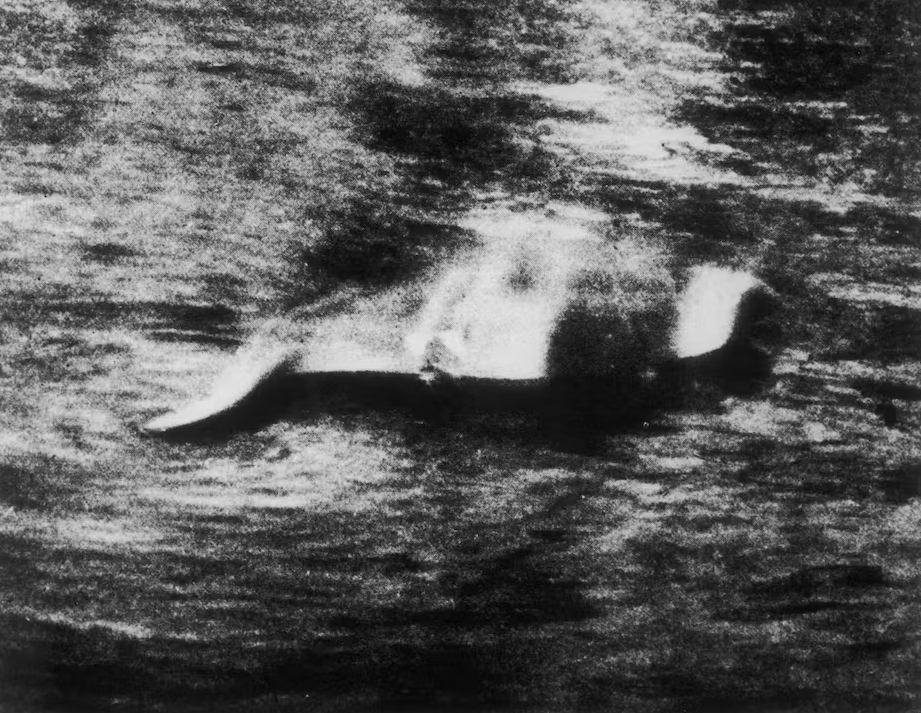 Why Does Anyone Still Search For The Loch Ness Monster?
Why Does Anyone Still Search For The Loch Ness Monster?Hugh Gray was taking his usual post-church walk around Loch Ness in Scotland on a November Sunday...



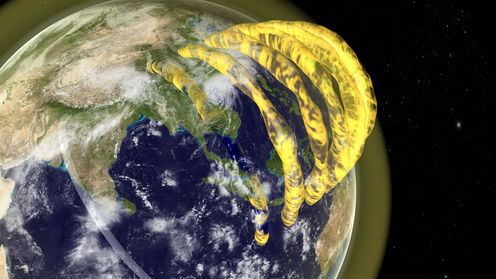
 The discovery by an undergraduate student of
The discovery by an undergraduate student of 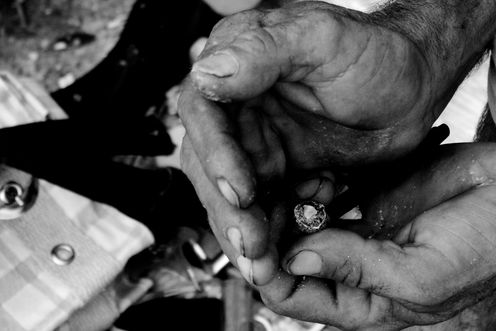
 Much
Much 
 Physicists around the world (myself included) are hoping that this week will mark the beginning of a new era of discovery. And not, as some fear, the end of particle physics as we know it.
Physicists around the world (myself included) are hoping that this week will mark the beginning of a new era of discovery. And not, as some fear, the end of particle physics as we know it.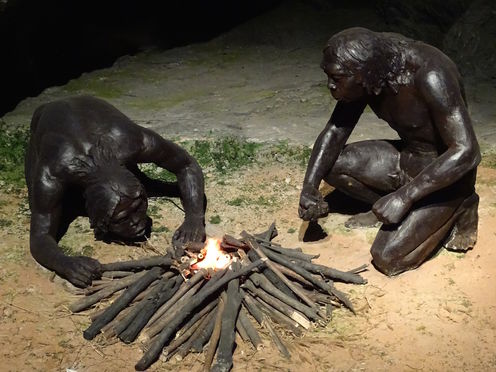
 Amateur cook-offs like the hugely popular
Amateur cook-offs like the hugely popular 
 Mindfulness as a psychological aid is very much in fashion. Recent reports on the latest finding suggested that mindfulness-based cognitive therapy is as effective as anti-depressants in preventing the relapse of recurrent depression.
Mindfulness as a psychological aid is very much in fashion. Recent reports on the latest finding suggested that mindfulness-based cognitive therapy is as effective as anti-depressants in preventing the relapse of recurrent depression.